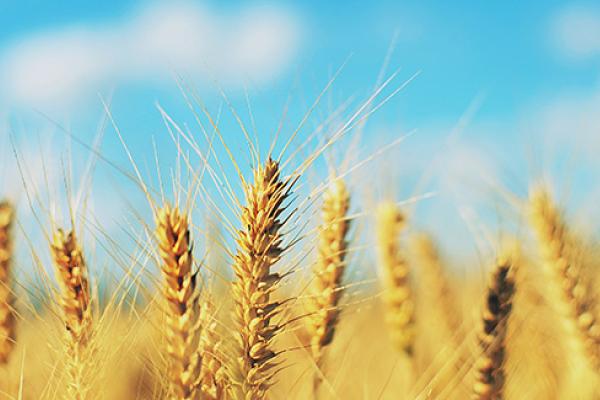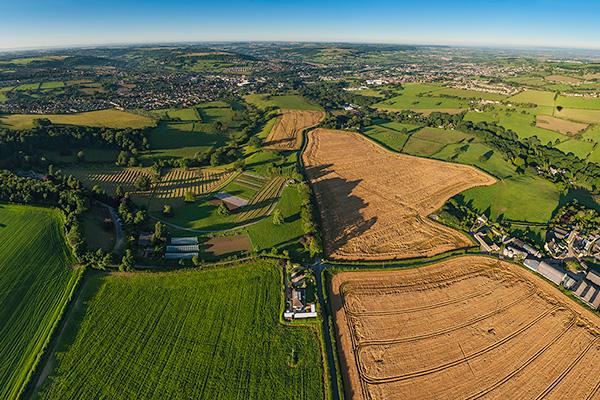Role of the G7
The G7, originally G8, originated in 1973 and was set up in 1975 as an informal forum bringing together the heads of government and ministers of the world’s leading industrial nations. The annual G7 summits have over the years developed into a platform for determining the course of multilateral discourse and shaping political responses to global challenges. It complements the role of the G20, which is widely regarded as the framework for ongoing global economic coordination.
In 1977, representatives of the then European Community began participating in the London summit. The role has expanded over time, with the EU gradually included in all political discussions on the summit agenda and, from the Ottawa summit (1981) onwards, has taken part in all working sessions.
The European Union is a unique supranational organisation – rather than a sovereign Member State – hence the name G7 “Group of Seven”. The EU is therefore a “non-enumerated” member and does not assume the rotating G7 presidency.
The summit gathers leaders from the European Union and the following countries:
- Canada
- France
- Germany
- Italy
- Japan
- the United Kingdom
- the United States.
It is capable of setting the global agenda because decisions taken by these major economic powers have a real impact. The political direction set by these leaders on a policy issue will have a “ripple” effect across many other international organisations and institutions.
Thus, decisions taken at the G7 are not legally binding, but exert strong political influence.
Focus on global food security
The systemic shocks of the COVID-19 pandemic and the Russian aggression against Ukraine have escalated the challenges facing the global agri-food system. These add to the increasing long-term pressures on world food security, particularly due to climate change and its adverse weather effects, the degradation of natural resources such as land, water and biodiversity, as well as unsustainable population and food demand growth, particularly in vulnerable regions.
Recognising the severity of these challenges, multilateral fora such as the G7 have restored food security to the top of the international agenda. After a half-decade absence, G7 Agriculture Ministers had once again convened a working group under the German Presidency of 2022, with two dedicated Ministerial meetings taking place in March and May, respectively.
The EU strongly supports the permanent reinstatement of the G7 agriculture track, as a key forum for coordinating the policy efforts of advanced economies in response to both immediate urgencies as well as the long-term objectives of the sustainable transformation of agriculture.
Current G7 agricultural priorities
The working priorities of the G7 agricultural track under the German Presidency in 2022 were:
- Global food security
- Strengthening sustainable, deforestation-free agricultural supply chains
- Opportunities of carbon farming
- On-going reduction of the use of pesticides
- Climate protection
- Biodiversity protection.
Agriculture until 2016
The rise in food prices in 2007-08 propelled agriculture and food security to the top tier of the world's political agenda. Spurred on by this price crisis, the agriculture ministers of the then G8 (prior to the 2014 suspension of Russia from the group) met in Italy in 2009 to examine ways of improving agricultural cooperation with developing countries, especially in Africa.
At the following summit in Canada in 2010, the G8 world leaders committed USD 22 billion to the L'Aquila Food Security Initiative (AFSI) to be implemented over three years to help vulnerable countries boost food production. The European Union made the largest pledge of USD 3.8 billion and delivered on this commitment.
Since then, agriculture and food security has played an important role at the summits, such as in Japan in 2016, where the Ministers of Agriculture from the G7 countries highlighted among their key priorities:
- empowering farmers – motivated, skilled and enterprising farmers by enhancing capability and skills by promoting knowledge transfer on voluntary and mutually agreeable terms; applying this transferred knowledge on the ground and in vocational training; and by facilitating access to ICT, precision farming, and agricultural innovations;
- increasing opportunities for women and youth in the agricultural sector by promoting women and youth’s active involvement in farm ownership, farm management, marketing and other agricultural and agri-food related activities, as well as improving equal access to land and other assets so as to improve incomes and livelihoods;
- expansion of farmers’ participation in food value chains.
Although no separate agriculture work stream had been organised between 2017 and 2021, the concerns of the agricultural sector and worldwide agri-food trade continued to be reflected in the annual G7 Leaders’ Declarations. Topics addressed included the effects of climate change on agriculture and the contribution of the agri-food sector to sustainable economic development.
Key dates
The most recent and upcoming rotation of the G7 Presidency is as follows:
- USA in 2020
- UK in 2021
- Germany in 2022
- Japan in 2023
- Italy in 2024.
Related links
The European Commission pushes for sustainability in agriculture, forestry and rural areas across the EU. The European Commission pushes for sustainability.
EU support for forestry through rural development funds, the Forest Action Plan and innovation in forestry.
By lowering pesticide and fertiliser use and encouraging organic farming, the CAP helps to lessen the environmental impact of food production.
Climate change poses a number of challenges for agriculture in the EU. The CAP helps farmers to meet these challenges and contribute to the solutions.
The common agricultural policy aims to protect and enhance agricultural biodiversity in the EU.
List of potential agricultural practices that eco-schemes could support as part of the EU’s common agricultural policy.


